Fleet Application for Public Transit Vehicles
Find transportation data and information about the public transit vehicle application. Fleets in niche markets operate vehicles designed to serve specific functions, which makes these vehicles ideal for the adoption of alternative fuels and advanced vehicle technologies. Explore the National Laboratory of the Rockies' FleetREDI portal to access commercial vehicle data and understand the broad operational range of commercial vehicles across vocations and weight classes.
Vehicle Availability
vehicles

Case Studies
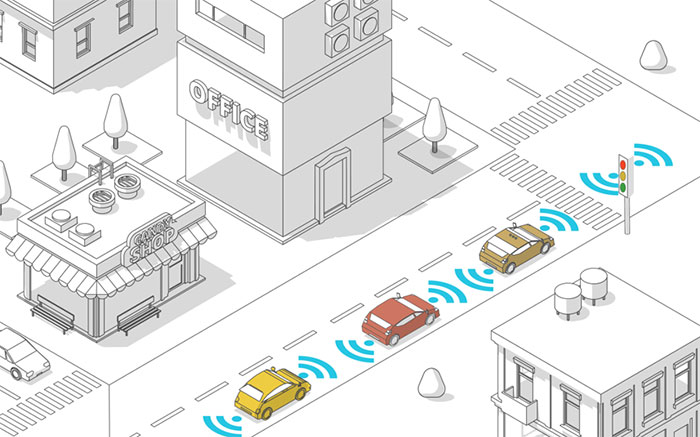
Centralina Stakeholders Coordinate Steps To Support Connected and Automated Vehicles
Dec. 10, 2021
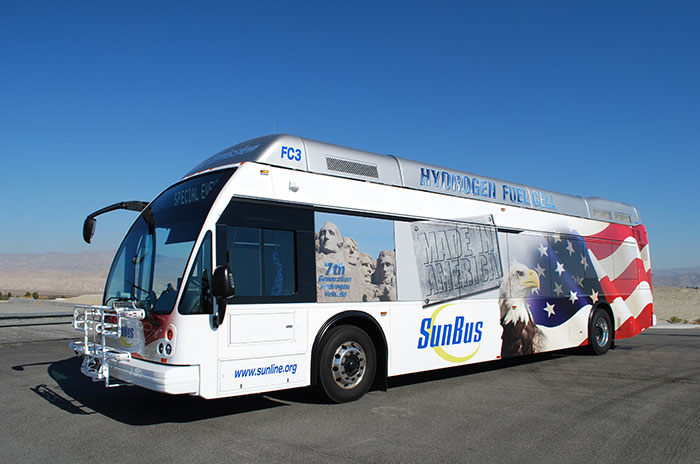
SunLine Transit Demonstrates Excellence in Lower-Pollution Transit
Aug. 27, 2019
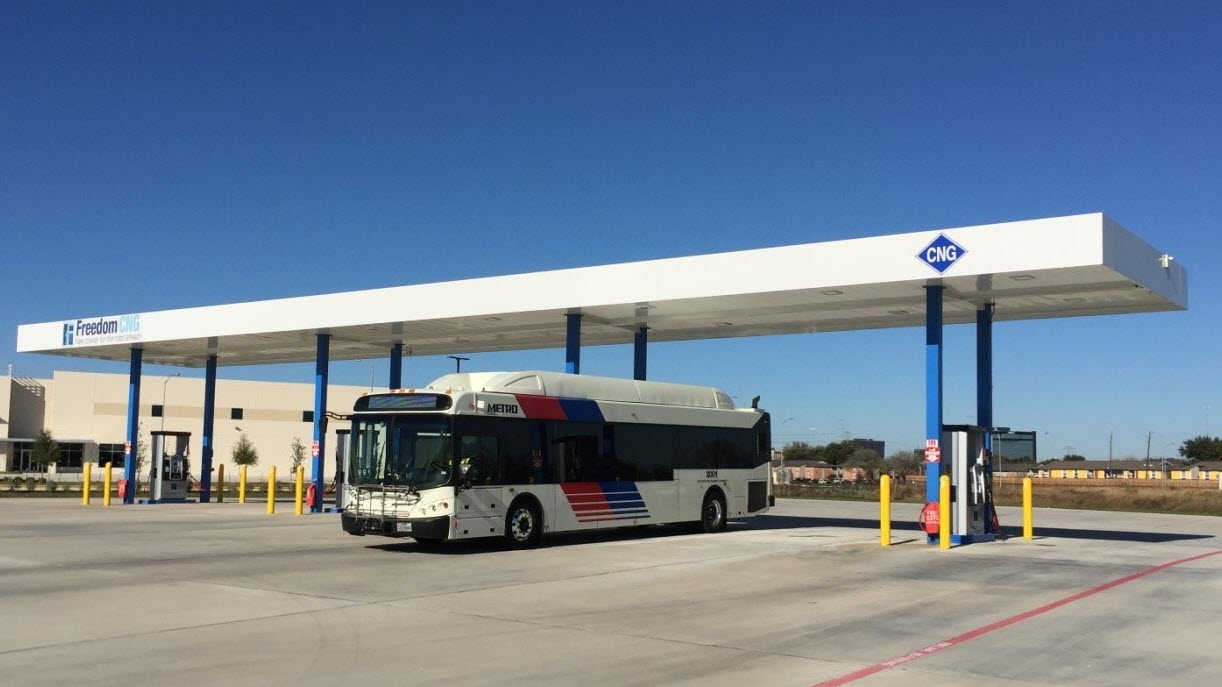
Compressed Natural Gas Fuels Houston’s Security
April 18, 2019
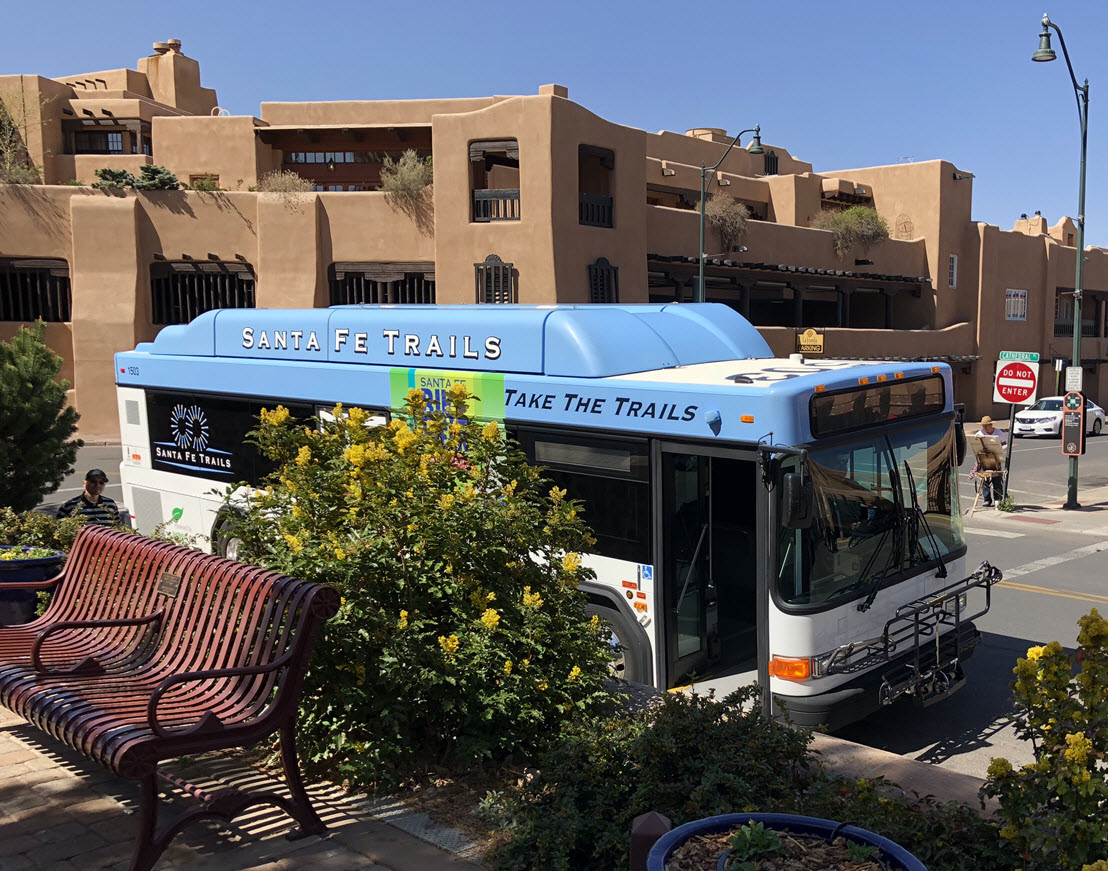
Santa Fe Metro Fleet Runs on Natural Gas
July 12, 2018
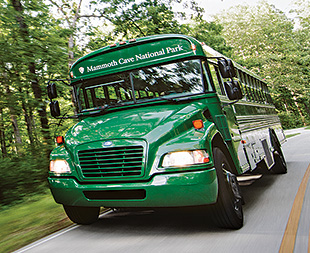
Alternative Fuels Help Ensure America's National Parks Stay Green for Another Century
June 30, 2016
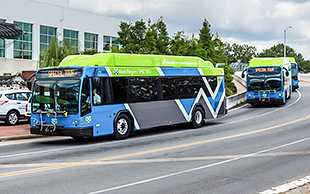
Arkansas Launches Natural Gas-Powered Buses and Refueling Station
Jan. 26, 2016
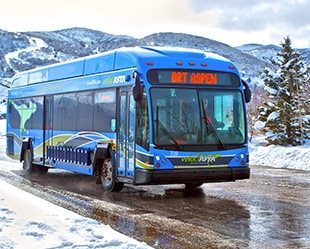
Alternative Fuel Vehicles Beat the Heat, Fight the Freeze, and Conquer the Mountains
Jan. 26, 2016
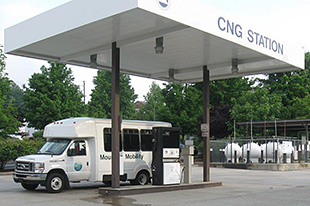
Blue Skies Initiative Clears the Air in North Carolina for More Than a Decade
March 17, 2015
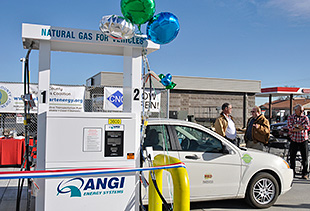
Partnerships Cement Long-Term Success for Northern Colorado Duo
March 17, 2015
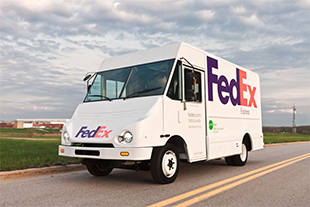
Deploying Alternative Fuel Vehicles and Infrastructure in Chicago, Illinois, Through the Congestion Mitigation and Air Quality Improvement Program
Feb. 2, 2015
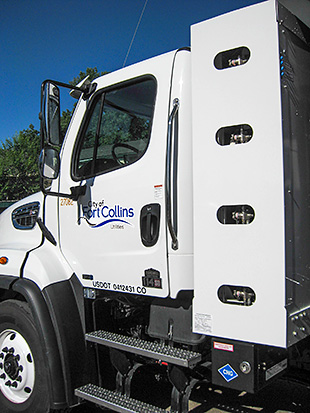
Diversity of Fuels Supports Air Quality in Fort Collins
Oct. 23, 2013
Publications
Reports
- Synopsis of NREL’s Automated Mobility District (AMD) Research Program and Associated PublicationsNovember 2025
- Northeast Freight Corridor Charging PlanOctober 2025
- Clean Cities and Communities Partnership 2023 Activity ReportJanuary 2025
- Electric Medium- and Heavy-Duty Vehicle Charging Infrastructure Attributes and DevelopmentNovember 2024
- Navigating Options for Transportation Electrification and Solar Charging: Steps and Lessons Learned in Montana CommunitiesJune 2024
- Powering Seattle Fleets: A Charging Infrastructure Strategy for Battery-Electric Medium- and Heavy-Duty Vehicles May 2024
- High-Power Electric Vehicle Charging Hub Integration Platform (eCHIP): Design Guidelines and Specifications for DC Distribution-Based Charging HubApril 2024
- Clean Cities Coalitions 2022 Activity ReportJanuary 2024
- Charging Ahead: How Government Agencies Can Support the Electrification of Private Fleet VehiclesDecember 2023
- The 2030 National Charging Network: Estimating U.S. Light-Duty Demand for EV Charging Infrastructure June 2023
- Bioenergy Technology Office Multi-Year Program PlanMarch 2023
- Clean Cities Coalitions 2021 Activity ReportJanuary 2023
- Fort Erie On-Demand Transit Case StudyJanuary 2023
- 2022 Public Transportation Fact BookJanuary 2023
- Promising Practices for Meaningful Public Involvement in Transportation Decision-MakingOctober 2022
- Duluth Transit Authority Battery-Electric Bus EvaluationSeptember 2022
- The Automated Mobility District Implementation Catalog, 2nd EditionAugust 2022
- Deploying Charging Infrastructure for Electric Transit BusesJune 2022
- Surat Municipal Corporation Bus Electrification AssessmentMarch 2022
- Identifying Electric Vehicles to Best Serve University Fleet Needs and Support Sustainability GoalsFebruary 2022
- Charging Forward: A Toolkit for Planning and Funding Rural Electric Mobility InfrastructureFebruary 2022
- The ABCs of Ohio EVs: A Policy Guide to Electrify OhioJanuary 2022
- Transit Vehicle Innovation Deployment Centers Advisory Panel Overview and ConclusionsJanuary 2022
- Clean Cities Coalitions 2020 Activity ReportDecember 2021
- The State of Managed Charging in 2021November 2021
- Electric Vehicles Roadmap InitiativeJuly 2021
- Benefits of Transportation Electrification in a Post Pandemic WorldJune 2021
- Clean Cities Coalitions 2019 Activity ReportMay 2021
- Electrifying Transit: A Guidebook for Implementing BEBsApril 2021
- Comprehensive Total Cost of Ownership Quantification for Vehicles with Different Size Classes and PowertrainsApril 2021
- Fuel a Greener FutureMarch 2021
Toolkits & Fact Sheets
- Fleet Procurement Decision Flow ChartNovember 2025
- Hot Weather Impacts on Battery-Electric Transit Buses May 2024
- Advance Local Mobility Through Energy Efficient Mobility Systems TechnologiesMarch 2024
- Public EV Charging Station Site Selection ChecklistJuly 2023
- Straight Vegetable Oil as a Diesel Fuel?December 2021
- Need Help Planning for the Future of Electric Vehicles?September 2021
- Electrifying Transportation in Municipalities: A Policy Toolkit for Electric Vehicle Deployment and Adoption at the Local LevelAugust 2021



























